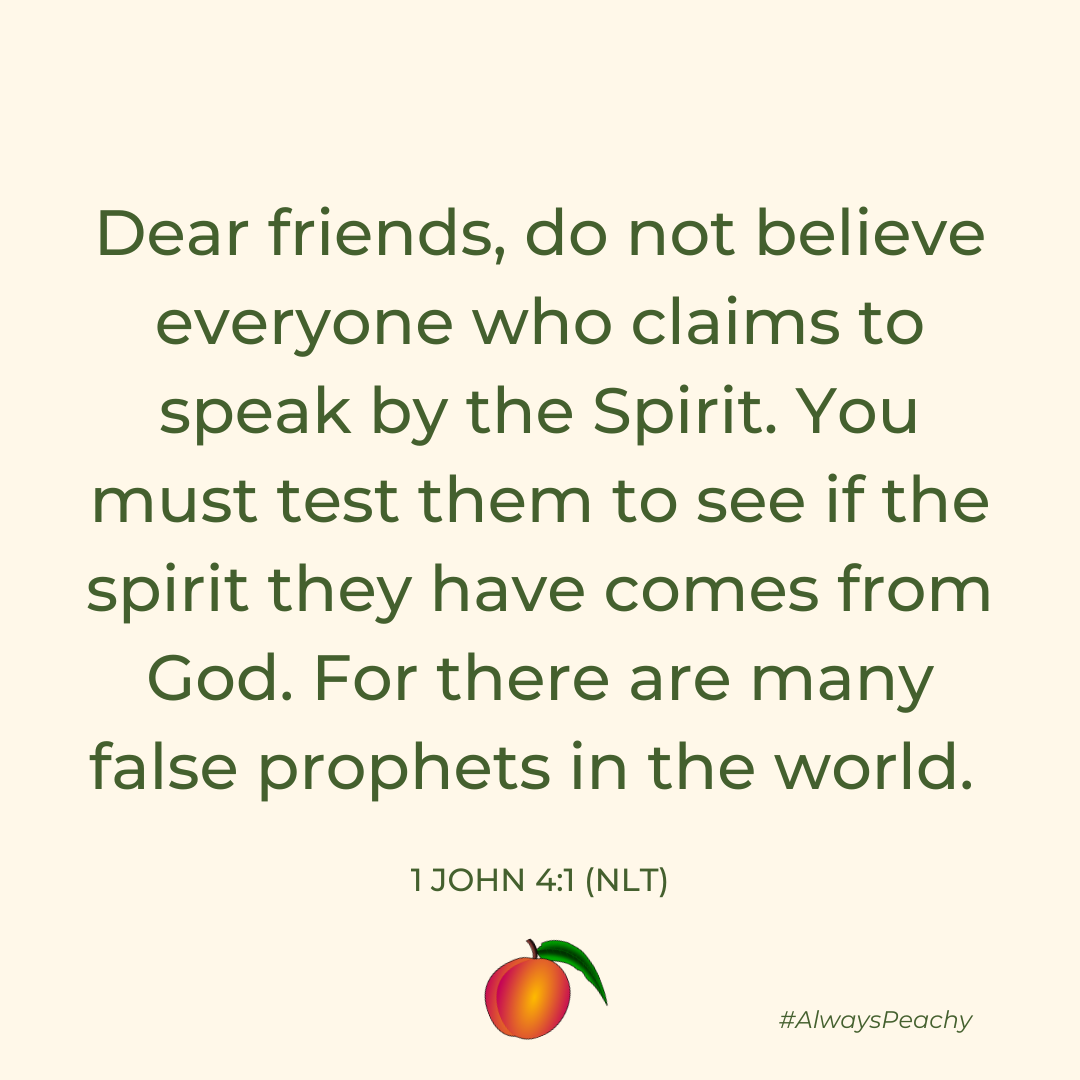Experience isn't always the best teacher
We need to use our common sense to make wise choices, but when it comes to judging someone else’s motivations, our own experience falls short.
As she was praying to the Lord, Eli watched her. Seeing her lips moving but hearing no sound, he thought she had been drinking. “Must you come here drunk?” he demanded. “Throw away your wine!” (1 Samuel 1:12-14)
I hated asparagus when I was young. My mom made me eat some out of a can when I was a kid, and it was mushy and gross and disgusting and bleck. I hated it. So I decided I would never eat it again.
That was my experience with asparagus.
But then I grew up a little bit, and I was at some fancy-schmancy dinner place. And they served grilled asparagus with a meal, and it was so expensive—I decided I’d give it another go, fully expecting to despise it.
And I didn’t. I actually loved it. Asparagus is now one of my favorite vegetables. It’s just one of the vegetables that needs to be prepared a certain way. And eating it straight out of the can? Not recommended.
But if I’d trusted my experience in making this choice, I would have missed out on something I really enjoy now. So maybe our experience isn’t always the best teacher.
Honestly, I think that’s what happened in our reference passage today. Eli was a priest in Israel during the time of the judges, and—well—he wasn’t a very good priest. I think he tried his best, but he was mediocre at best. And his sons, Hophni and Phineas, were total menaces.
These boys were bad news. And Eli let them do whatever they wanted, no matter how much it angered God.
But as far as Eli was concerned, every younger person was probably always drunk. That’s the way his sons were. Why would any other young person be different? So is it any wonder that when Hannah came into the temple and was pouring her heart out to God that Eli assumed she was drunk?
He was using his own experience with his sons and their friends to judge a young woman he didn’t know.
Many times, that’s not always a bad thing. We need to use our common sense to make wise choices about our environments and our friendships, but when it comes to judging someone else’s motivations, our own experience falls short. We can’t see another person’s heart. That’s something only God can do.
And Eli was wrong. He was totally off base about Hannah. I’m not sure that him realizing that made any difference in his life, but maybe it can make a difference in ours.
Value your life experience. It’s good that you have it. But before you use your life experience as a litmus test for anything, make sure your experience is true. Otherwise, you’re going to be the one with your foot in your mouth.
Questions for Reflection
When was a time that you misjudged someone?
How did you feel after you realized you were wrong?
What past experience were you drawing from when you made the assumption about the other person?
Weekly Memory Verse







